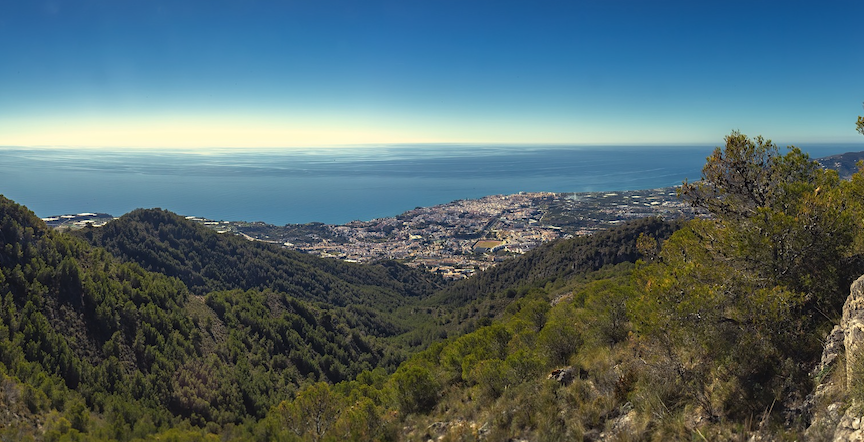With the exception of Lebanon, all the countries of the Near East have to deal with limited and restricted access to renewable water, which places them in a situation of water stress or structural deficit. What are the solutions ?
Egypt is approaching the level of water stress (less than 500 m3 per inhabitant and per year from renewable sources) that it could reach by 2025, a threshold that Iran could also reach by 2040. The deficit of water resources is more than one billion m3 in Israel and represents more than 50% of demand in Jordan, while water consumption in Palestine is no more than 70 l/capita/day.
If Lebanon and Iraq are relatively richer than their neighbors in natural water resources, these are either badly managed, or badly exploited and unequally distributed.
60% of surface waters in the region are crossed by a border and all countries share at least one aquifer with another country, which accentuates the importance of cooperative management of common water resources.
The inefficiencies of the agricultural sector lead, depending on the country, to a capture of 50% to 90% of water consumption, while it is the least important sector in terms of added value. Furthermore, demographic growth exerts additional pressure, particularly in the most populous countries (Egypt, Iraq, Iran).
As a result, all the countries of the region carry out a marked and unsustainable overexploitation of their natural resources.
This overexploitation aggravates the structural deficit of countries which do not necessarily have the means or the capacity to develop alternative artificial solutions such as desalination or the treatment of waste water, which are expensive and often polluting.
Due to constrained public finances, there is significant underinvestment and losses vary between 30% and 50% in water distribution, except in Israel.
Yet, despite the scarcity of water, the region applies the lowest tariffs in the world and 2% of GDP to the granting of subsidies, with the exception of Egypt following the decisions taken within the framework of the IMF program and Israel where the pricing policy incorporates a consumer empowerment strategy.
While the water and sanitation sector is one of the main areas of intervention of bilateral and multilateral donors in the region, the adoption of more water-efficient irrigation techniques as well as the reuse of water wastewater for agriculture presents interesting prospects, since 83% of wastewater is not reused.
Work on replacing the pumping of fossil aquifers would also be desirable.
Source : Embassy of France in Lebanon.








Réagissez à cet article